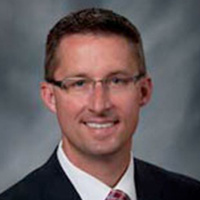Pennington County, SD DUI-DWI Lawyers
Not enough matches for Pennington DUI-DWI lawyer.
Below are all Pennington lawyers.
Matthew L. Skinner
✓ VERIFIEDAccident & Injury, Criminal, Traffic, DUI-DWI
The Skinner Law Office, P.C., has long provided the highest-quality representation for residents living in the Black Hills region in South Dakota. Mat... (more)
Brad Jason Lee
✓ VERIFIEDAccident & Injury, Workers' Compensation, Car Accident
Since his arrival in Rapid City, Brad has always been active in the local Pennington County Bar Association (PCBA). The PCBA is an organization devote... (more)
Stan H. Anker
Construction, Agriculture, Banking & Finance, Medical Malpractice
Status: In Good Standing
FREE CONSULTATION
CONTACTThomas W. Stanton
Complex Litigation, Estate Planning, Corporate, Business Organization
Status: In Good Standing
Harry W. Christianson
Corporate, Business Organization, Gaming & Alcohol, Government Agencies
Status: In Good Standing
Michael B. Demersseman
Business Organization, Discrimination, Employment, Environmental Law
Status: In Good Standing
Michael V. Wheeler
Land Use & Zoning, Family Law, Civil Rights, Trade Associations
Status: In Good Standing
Curtis S. Jensen
Real Estate, Estate Planning, Corporate, Business Organization, Banking & Finance
Status: In Good Standing




